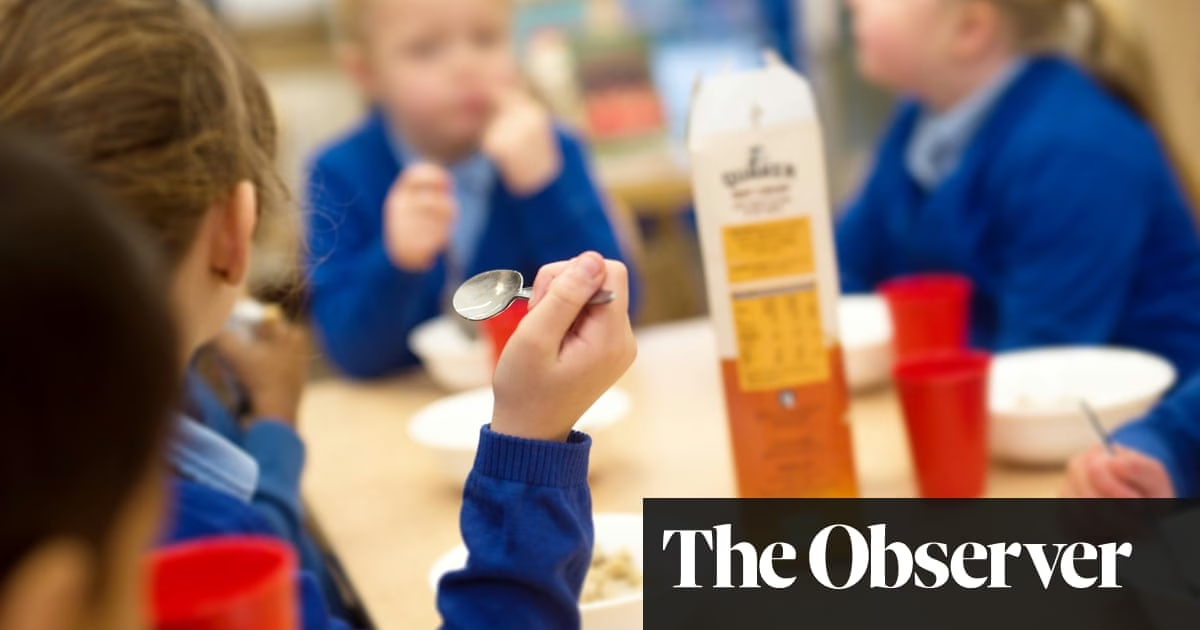The government is promoting its new policy of free breakfast clubs in primary schools across England as a solution to reduce child poverty. This initiative, announced by Education Secretary Bridget Phillipson, will provide breakfast to 67,000 students from the most disadvantaged areas of the country. The policy is aimed at improving school attendance, educational outcomes, and serving as a primary mechanism to combat poverty. This plan was one of Labour’s pledges during the general election to drive up standards and improve opportunities for all. The Department of Education stated that breakfast clubs play a crucial role in the government’s commitment to eradicating child poverty, noting their proven benefits in improving children’s academic performance in reading, writing, and mathematics. However, Labour MPs have expressed concerns that the focus on breakfast clubs as a solution for poverty could be a strategy to soften the public for the continued implementation of the two-child benefit cap, despite its criticized impact on families and overwhelming expert consensus that it is the single most effective method to reduce poverty. The cap, introduced by the Conservatives in 2017, limits families from receiving child tax credits or universal credit for more than two children. Labour MPs have advocated for an extension of the cap from two to three children, arguing it would come at a minimal cost, but the idea has reportedly been rejected by the government’s child poverty taskforce, suggesting there is little hope of the cap being lifted in the near future. This reluctancy to remove the cap coincides with the current financial constraints facing the chancellor, Rachel Reeves, who may need to either increase taxes or cut spending. Concerns have also been raised about the funding for the breakfast club initiative, with some headteachers refusing to participate in the pilot schemes due to financial shortfalls. The proposed funding of 60p per pupil has been criticized for not covering the costs associated with delivering the program. Paul Whiteman, from the school leaders union NAHT, welcomed the initiative but called for more adequate funding to address the concerns of school leaders. In July 2024, seven Labour MPs were suspended from the party for supporting the abolition of the two-child benefit cap, with Labour’s election manifesto committing £315 million to breakfast clubs in 2028-2029. However, the requirement for clubs to operate for at least 30 minutes before school, rather than offering “grab and go” food or in-classroom breakfasts, has raised concerns about the cost due to the necessity of employing additional staff.
Source: https://www.theguardian.com/education/2025/feb/23/school-breakfast-clubs-in-england-will-be-used-to-justify-keeping-the-two-child-benefits-cap








